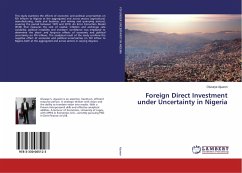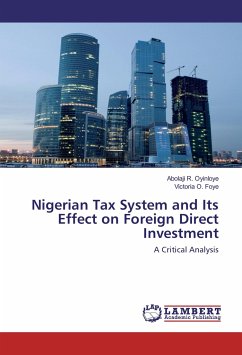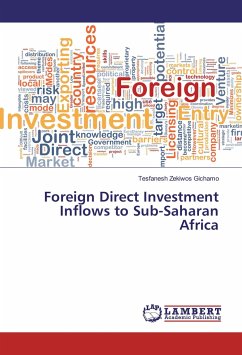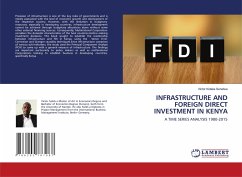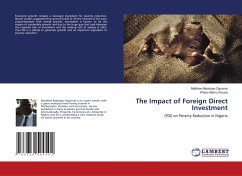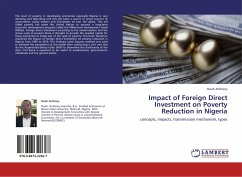In a world where an increasing number of governments compete hard to attract multinational companies, fiscal incentives have become a global phenomenon. Many African countries rely on tax holidays, import duty exemptions, financial incentives (such as grants and preferential loans to multinationals), as well as other incentives like market preferences and monopoly rights while industrial countries allow investment allowances or accelerated depreciation to attract foreign investors (Morisset and Pirnia, 2000; OECD, 2007). The success story of many countries that have embarked on different tax policy to attract foreign direct investment can be seen from both developed and developing countries. For instance, Hungary, with the most liberal tax incentive regime, was the early leader in attracting FDI.The Czech Republic also saw a large increase in investment in 1998 after the introduction of tax incentives in 1997. The government of Nigeria, since independence, has shown commitment through series of tax policy reform so as to attract foreign direct investment (Odusola, 2006; Ohaka and Agundu, 2012). Based on the forgoing, there is need to examine the effect of tax policy on FDI.


